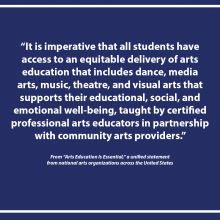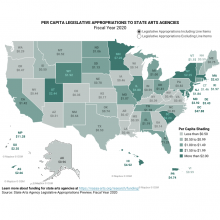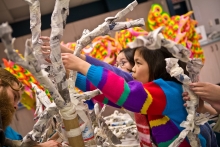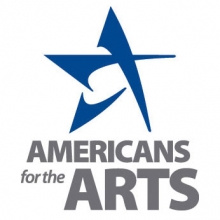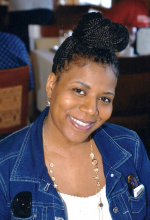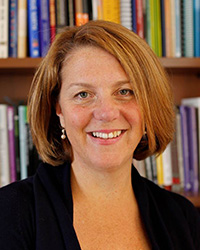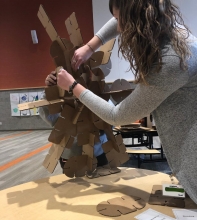|
Phyllis Jordan is the Editorial Director for FutureEd. FutureEd is an independent, solution-oriented think tank at Georgetown University's McCourt School of Public Policy. We are committed to bringing fresh energy to the causes of excellence, equity, and efficiency in K-12 and higher education on behalf of the nation's disadvantaged students. As a nonpartisan, public-facing organization, we work to produce clear, compelling analysis on key education issues for policymakers, practitioners, the media, and other key education change agents and influencers at the federal, state, and local levels—promoting smart policymaking in a complex and fast-changing educational landscape
|
|
Susan Bowles Therriault is the Managing Researcher and Practice Area Director for the American Institutes for Research (AIR). AIR research and evaluation experts study human performance and workforce development programs to determine the best methods to increase labor market opportunities. In partnership with government agencies, professional associations, and the private sector, our policy, practice, and systems change the AIR team is helping local, national, and international clients develop a workforce that is ready for the jobs of the 21st century. AIR draws on its decades of workforce research to improve lives and communities by preparing youth and adults to thrive in the 21st century global economy. AIR focuses on the full employment cycle in the U.S. and abroad, including workforce preparedness, recruitment, selection, performance management, training, and improving employment and life outcomes of people with disabilities.
|

